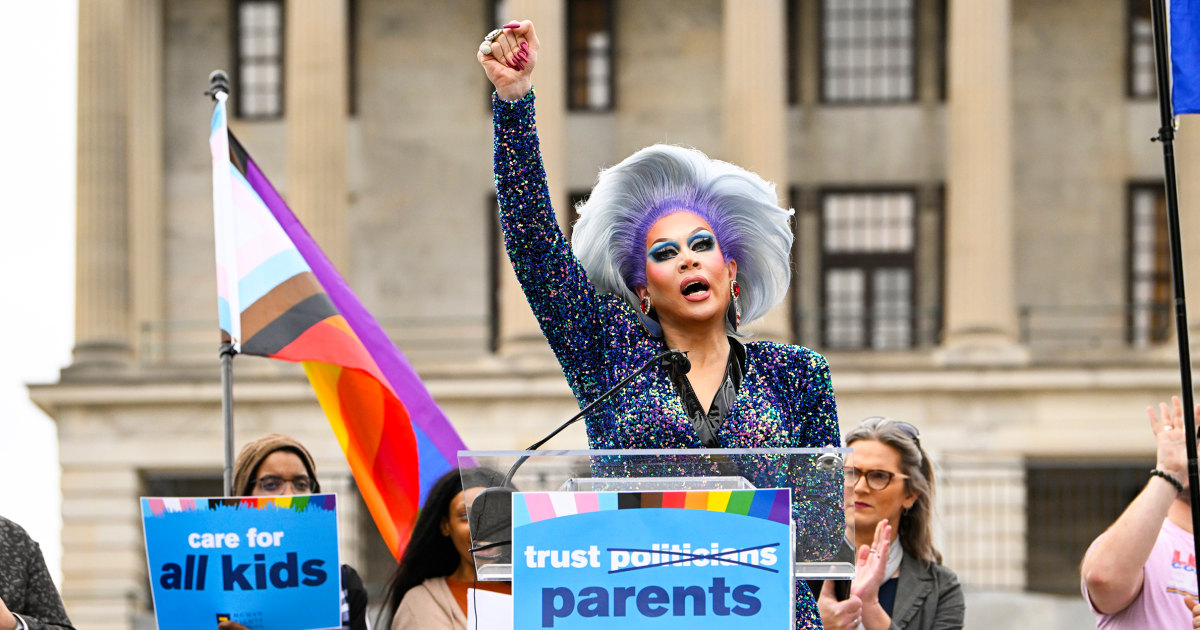Key takeaways:
- A federal judge ruled that Tennessee’s law restricting drag performances in public or where children were present is unconstitutional.
- The law was aimed to restrict drag performances, and was part of a Republican-led effort to limit drag in at least 15 states.
- The ruling is a victory for LGBTQ rights activists, and a reminder of the importance of the First Amendment in protecting freedom of speech.
A federal judge has ruled that Tennessee’s law restricting drag performances in public or where children were present is unconstitutional, striking a blow to efforts in U.S. states to regulate LGBTQ conduct. U.S. District Judge Thomas Parker, appointed by former President Donald Trump, ruled late Friday that the law was both “unconstitutionally vague and substantially overbroad” and encouraged “discriminatory enforcement.”
The law, signed by Tennessee Governor Bill Lee in February, was passed by the state’s assembly and aimed to restrict drag performances, putting the state at the forefront of a Republican-led effort to limit drag in at least 15 states in recent months.
In his ruling, Parker noted that the First Amendment to the Constitution commands that laws infringing on freedom of speech must be narrow and well defined. He said that while there is a difference between material that is ‘obscene’ in the vernacular, and material that is ‘obscene’ under the law, “no majority of the Supreme Court has held that sexually explicit — but not obscene — speech receives less protection than political, artistic, or scientific speech.”
The ruling is a victory for LGBTQ rights activists who have argued that the law was an attempt to limit their freedom of expression. It is also a reminder of the importance of the First Amendment in protecting freedom of speech.
The ruling is likely to be appealed, but it is a significant step forward in the fight for LGBTQ rights. It is a reminder that laws that infringe on freedom of speech must be narrowly tailored and well defined in order to pass constitutional muster.



Be First to Comment